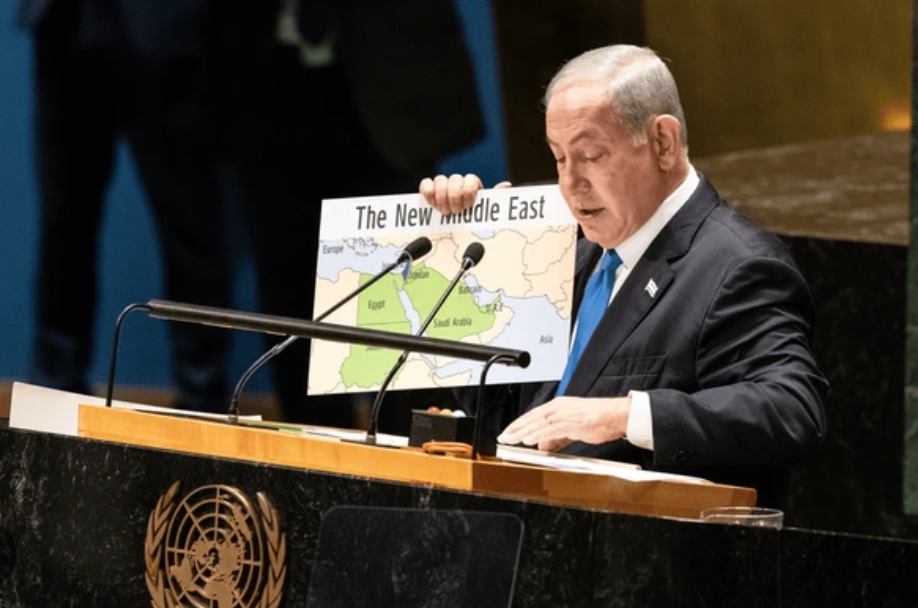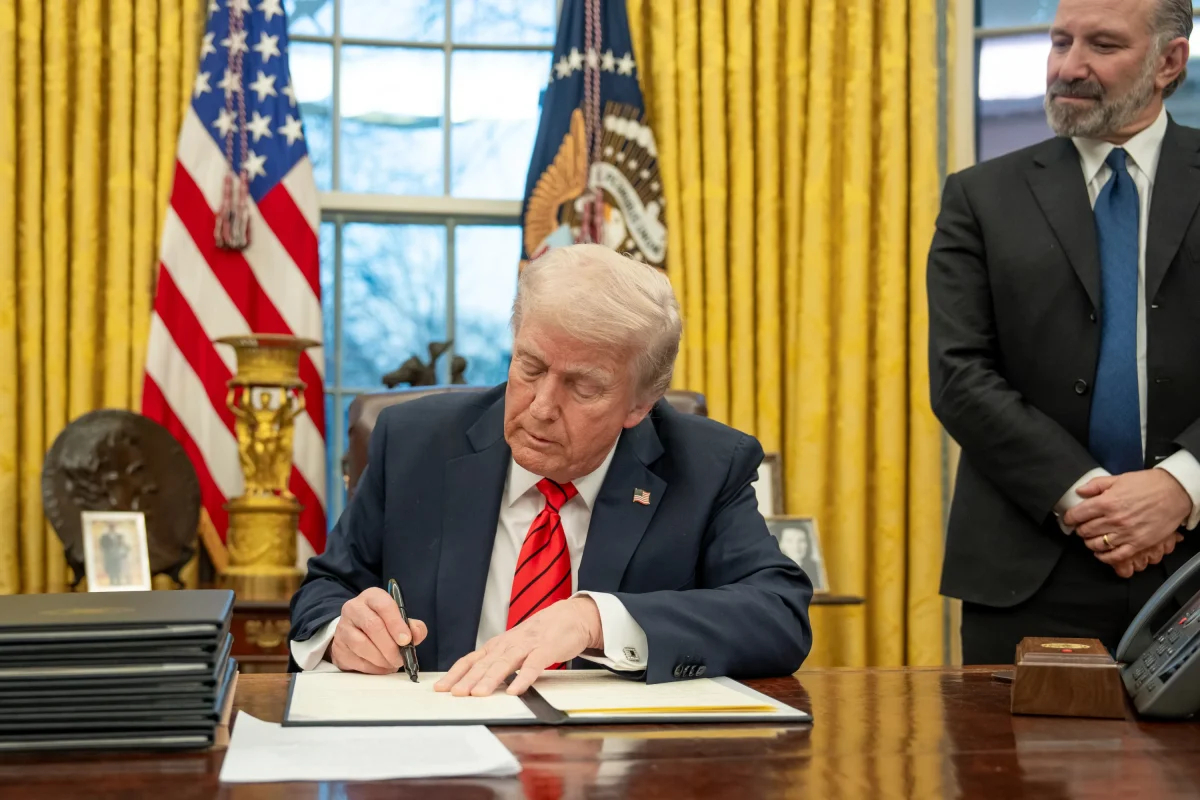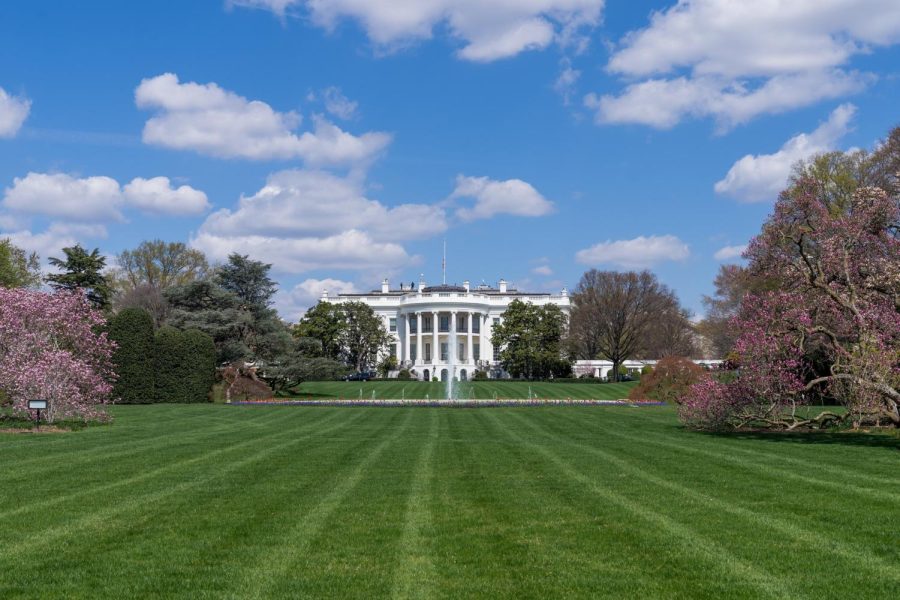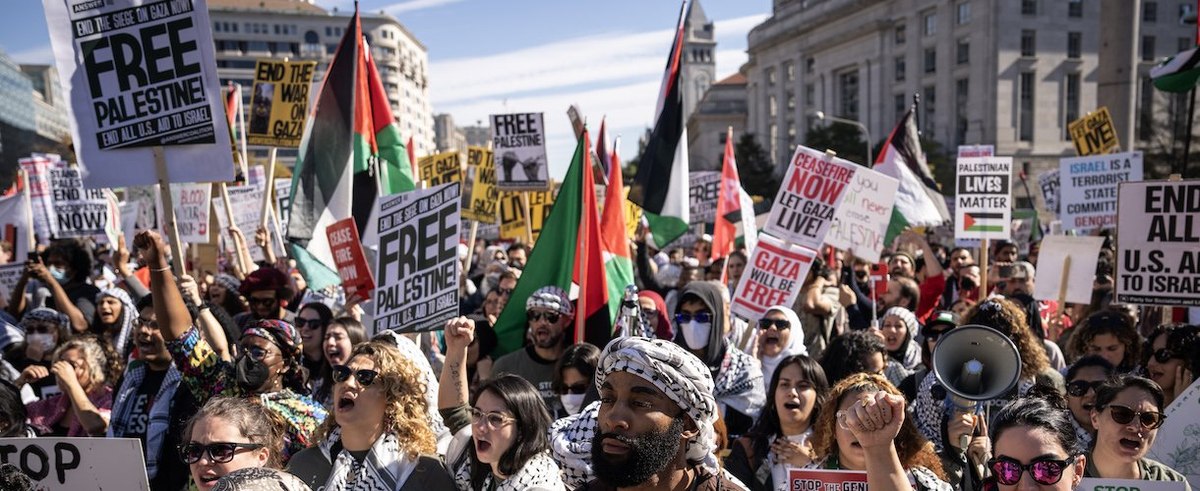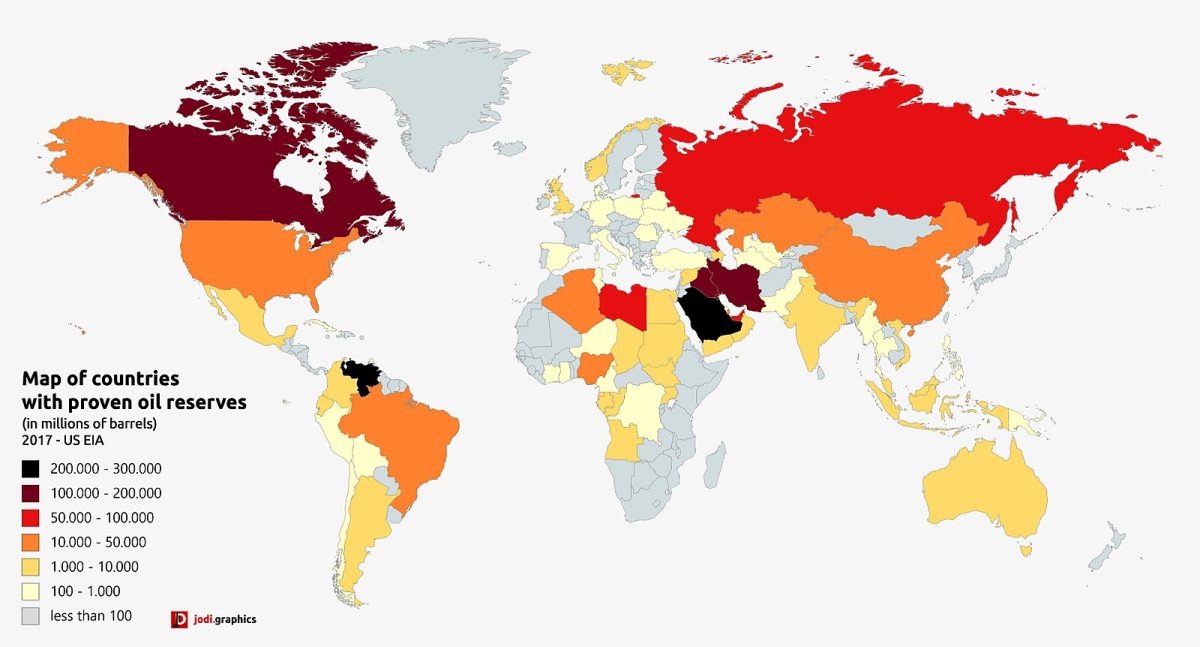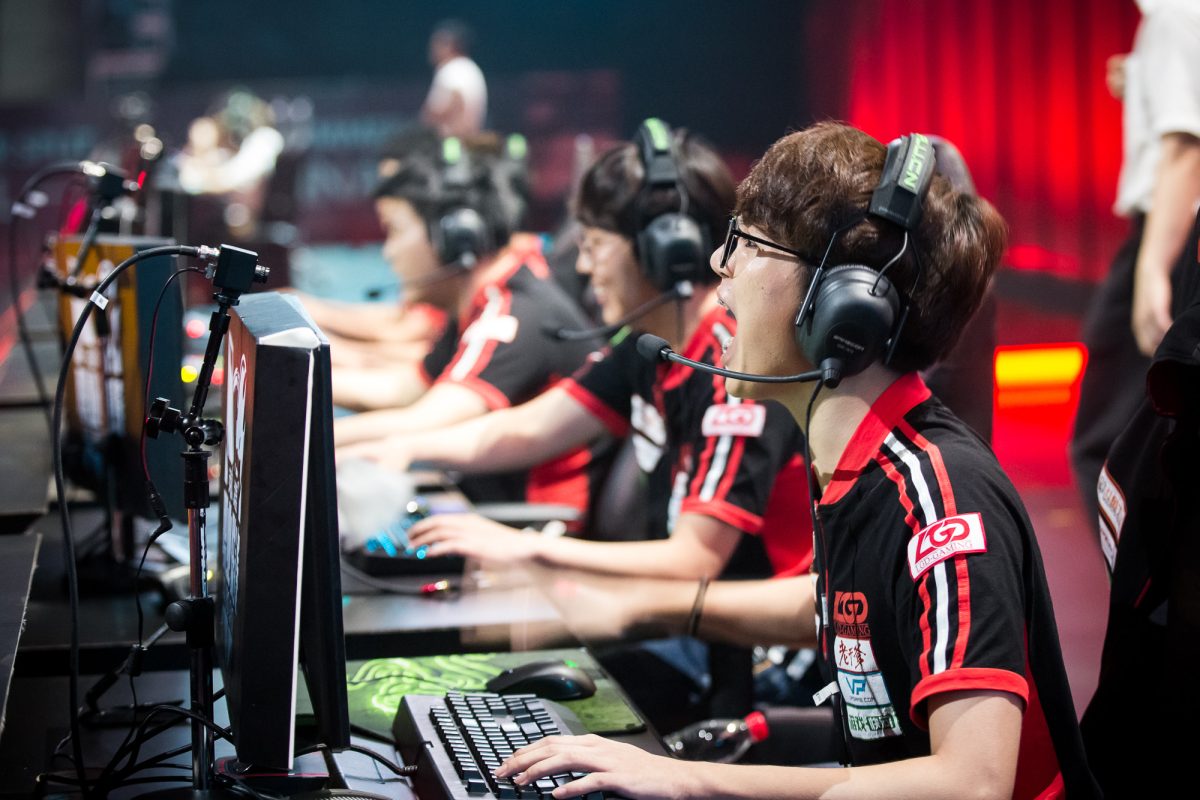The war between Israel and Gaza is continuing to rage, and the implications of the conflict have now spread into Lebanon.
After Lebanese terrorist organization Hezbollah executed several strikes on Israel, Israeli defense forces responded with major strikes on Lebanon in the past week, which have resulted in hundreds of deaths and over a thousand injuries, according to the Lebanese government.
Most of these strikes occurred after Israeli defense forces hid explosives in thousands of pagers sold to Hezbollah, as well as in radios and walkie-talkies.
The attacks, which were targeted at leaders of the Lebanon-based terrorist group, also resulted in the deaths of many civilians in the area, adding to the civilian death toll that has been steadily rising since Israel began retaliatory strikes on terrorist groups Hamas and Hezbollah nearly a year ago.
Despite civilian causalities, Israeli officials have continued to praise their country’s military for its strikes on Lebanon.
While speaking to members of the IDF, the Israel Defense Forces on Wednesday, Sept. 25, Israel’s Defense Minister Yoav Gallant said that Israel plans to continue strikes on Lebanon in order to weaken Hezbollah’s fighting forces.
“We are intensifying our strikes in Lebanon; this series of actions will continue until we achieve our goals, bringing the residents of the north back to their homes safely,” Gallant said.
Gallant also noted that Hezbollah underestimated Israel’s capacity, and that Israel had been waiting for the right time to conduct its strikes.
“Hezbollah sought to wear us down, but they are getting crushed instead. We have unresolved matters with many actors stretching back many years, and we’ve been waiting for [this] opportunity,” Gallant said while speaking to IDF soldiers.
Israel’s recent strikes on Lebanon come at a time of harsh scrutiny for Israel’s strategies during the war, which some have called a genocide of the people of Palestine. Israel has faced intensified scrutiny since it began its retaliatory strikes in Lebanon.
Earlier in September, members of the United Nations General Assembly drafted a resolution demanding that Israel end what the body called an “unlawful presence in the occupied Palestinian territory within a year.” On this resolution, 124 of the 193 members voted in favor.
While Israel has increased its presence in Gaza since the start of the war, its occupation of the territory spans back to 1967, when Israeli forces captured the West Bank, the Gaza Strip, and East Jerusalem in a conflict known as the Arab-Israel War, according to the New York Times.
Amidst claims that Israeli is committing genocide and has violated international human rights codes, Israeli Prime Minister Benjamin Netanyahu recently spoke at the UN General Assembly, attempting to silence critics of Israel’s war efforts.
“Israel seeks peace. Israel yearns for peace,” Netanyahu began his speech by saying. “Yet we face savage enemies who seek our annihilation, and we must defend ourselves against them.”
During his address, Netanyahu reaffirmed his nation’s commitment to fully eliminate Hamas, saying that the war will not end until such a goal is met.
“This war can come to an end now,” Netanyahu said. “All that has to happen is for Hamas to surrender, lay down its arms, and release all the hostages. But if they don’t, we will fight until we achieve victory. Total victory. There is no substitute for it.”
While speaking about Lebanon, Netanyahu also said that Israel must “also defeat Hezbollah,” calling the group the “quintessential terror organization in the world today.”
Netanyahu was met with protest before and during his speech, serving as a reminder of the continued unpopularity of Israel’s war strategy among many global leaders.
As Netanyahu spoke defiantly about his intention to continue the war, the UN General Assembly Hall began to empty as dozens of diplomats from numerous countries left in protest.
As diplomats began to walk out, Netanyahu fired back at the UN for passing resolutions restricting Israel’s power.
“What hypocrisy, what a double standard, what a joke,” Netanyahu said. “The UN’s so silly.”
With focus shifting on the mounting death tolls in Lebanon and Gaza, Netanyahu attempted to recenter Israel in the conversations about violence in the Middle East. “All the speeches you heard today, all the hostility directed at Israel this year—it’s not about Gaza,” Netanyahu said. “It’s about Israel.”



